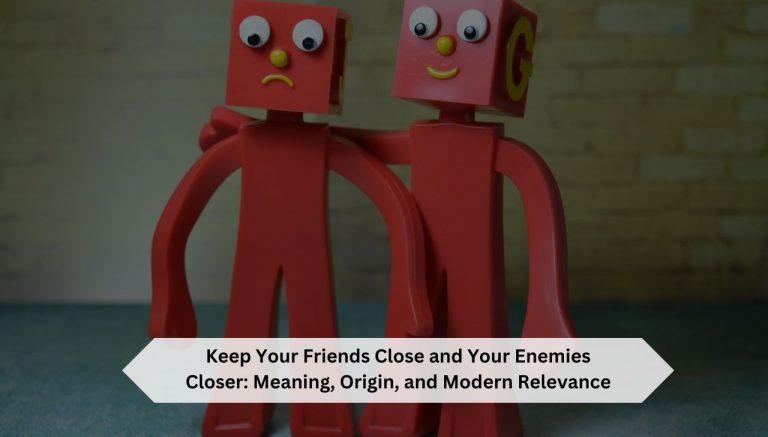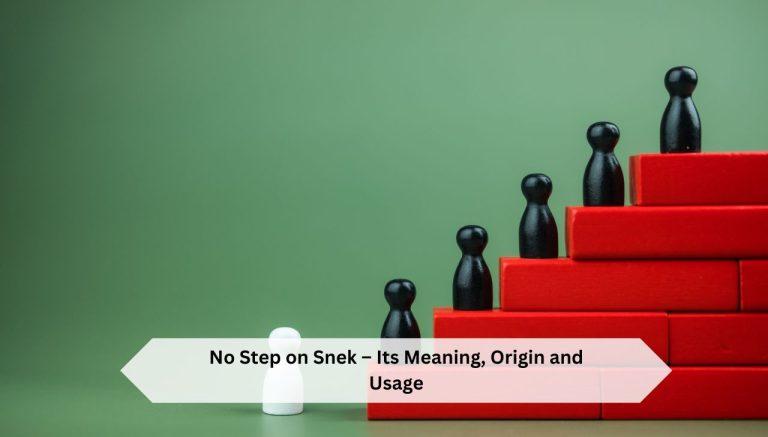Sorry for the Inconvenience: 20 Heartfelt Ways to Express Regret
I know how frustrating it can be when things don’t go as planned. Sorry for the inconvenience you may have faced. In this article, I’ll share 20 sincere ways to say “sorry for the inconvenience” that will help you smooth over any bumps. Whether you’re dealing with upset customers or need to apologize to a friend, these phrases will come in handy.
I’ll break down each one so you can use them the right way. By the end, you’ll have a bunch of new ways to say sorry that sound genuine and caring.
Sorry for the Inconvenience: Alternative ways
It’s a nice way to let folks know we get it if we’ve caused them any trouble. But saying the same thing over and over can get old, right? So I’ve cooked up 20 different ways to say sorry when things go sideways.
Are you interested to read 20 Better Ways to Say “Please Advise”?
1. Apologies for any trouble caused

When something goes wrong, I like to start with a simple “Apologies for any trouble caused.” It’s short and sweet but gets the point across. I might say this if our website was down for a bit. It shows I know it was a bother without making a big deal of it.
2. We regret any disruption this may have caused
Sometimes, things happen that mess up people’s day. In those cases, I go with “We regret any disruption this may have caused.” It’s a bit more formal, so I use it for bigger issues. Like if we had to close the store for a day. It tells folks I get that it messed up their plans.
3. Please accept our apologies for the inconvenience
When I want to sound extra polite, I say “Please accept our apologies for the inconvenience.” I might use this in an email to a customer. It’s a nice way to ask them to forgive us for any trouble we caused.
4. Our sincere apologies for the inconvenience

If I really want to show I mean it, I’ll say “Our sincere apologies for the inconvenience.” This one’s good for when we made a big mistake. It tells people we truly feel bad about what happened.
5. I understand this is frustrating, and I’m sorry
It helps to show you how the other person feels. That’s when I say “I understand this is frustrating, and I’m sorry.” It lets them know I see why they’re upset and that I care.
6. We appreciate your patience during this time
When things are taking longer than they should, I like to say “We appreciate your patience during this time.” It’s a nice way to thank people for not getting too mad while also saying sorry.
7. Thank you for your understanding as we resolve the issue
If we’re still fixing a problem, I might say “Thank you for your understanding as we resolve the issue.” This tells people we’re working on it and we’re grateful they’re being cool about it.
8. We’re working to make things right

When we mess up, I like to show we’re trying to fix it. So I’ll say “We’re working to make things right.” It lets people know we’re not just saying sorry, we’re doing something about it.
9. I regret any difficulty this has caused
For more personal situations, I might say “I regret any difficulty this has caused.” It’s a good way to take responsibility if I’ve made someone’s life harder.
10. Sorry to have caused you this trouble
Sometimes, it’s best to be direct. That’s when I say “Sorry to have caused you this trouble.” It’s straight to the point and shows I know it’s my fault.
11. We take full responsibility for the inconvenience
In big screw-ups, I like to own up to it. So I’ll say “We take full responsibility for the inconvenience.” This shows we’re not making excuses and we know it’s on us to fix it.
12. Our apologies for the delay
If something’s late, a simple “Our apologies for the delay” works well. It’s quick but lets people know we know we’re behind and we’re sorry about it.
13. Your comfort is our concern, we apologize for the inconvenience
In customer service, I like to show we care about people. So I might say “Your comfort is our concern, we apologize for the inconvenience.” It puts the focus on them and their needs.
14. Pardon the inconvenience, we’re on it

For a more casual vibe, I’ll use “Pardon the inconvenience, we’re on it.” It’s friendly and shows we’re actively fixing the problem.
15. Sorry for the hassle this has caused you
It’s good to acknowledge that we’ve made things tough. That’s when I say “Sorry for the hassle this has caused you.” It shows I know we’ve been a pain.
16. We’re sorry for any difficulties you’ve experienced
If I’m not sure exactly what went wrong, I might say “We’re sorry for any difficulties you’ve experienced.” It covers all bases without assuming what the problem was.
17. Please forgive the inconvenience

When I want to be humble, I’ll say “Please forgive the inconvenience.” It’s like asking for a favor, which can make people more likely to cut us some slack.
18. We express our regret for any trouble caused
In formal situations, I might use “We express our regret for any trouble caused.” It’s a bit stiff, but it works well for official apologies.
19. Our priority is to rectify this immediately
If we need to show we’re taking action fast, I’ll say “Our priority is to rectify this immediately.” It tells people we’re on top of the problem and working to fix it.
20. We’re sorry you’ve been inconvenienced
Lastly, a simple “We’re sorry you’ve been inconvenienced” works in most situations. It’s direct and to the point, which people often appreciate.
What does “sorry for the inconvenience” mean?
“Sorry for the inconvenience” is a phrase used to express regret for causing a problem or disturbance to someone. Its meaning conveys an apology for any disruption, difficulty, or annoyance that may have occurred. When someone says “sorry for the inconvenience caused,” they acknowledge that their actions or a situation under their control has created an issue for others.
This phrase is often used in customer service contexts, where businesses aim to maintain customer satisfaction despite problems. A synonym for this expression could be “apologies for the inconvenience” or “we regret any trouble caused.”
The term “inconvenience” in this context refers to anything that disrupts normal activities or causes extra effort for the affected party. By saying “sorry for any inconvenience,” the speaker shows empathy and seeks understanding while often implying a commitment to resolution.
How do you apologize professionally?
To apologize professionally, it’s crucial to express sincere regret while maintaining a formal tone. Start by acknowledging the issue directly, using phrases like “I apologize for the inconvenience caused” or “We’re sorry for any inconvenience this may have caused.”
Be specific about the problem, showing that you understand the disruption it has created. Take responsibility without making excuses, demonstrating accountability for the situation. Offer a clear plan for resolution or compensation, if applicable, to show your commitment to customer satisfaction. Use phrases such as “We value your understanding” to show appreciation for the client’s patience.
Avoid overusing “sorry” and focus instead on actionable steps to address the complaint or improve the service. A professional apology should be concise, genuine, and solution-oriented, aiming to restore trust and maintain a positive business relationship despite the inconvenience.
Conclusion
Saying sorry isn’t just about the words. It’s about showing you care and you’re trying to make things better. Whether you’re confirming receipt of a complaint or apologizing for a big mistake, these phrases can help.
The key is to be sincere and follow up with actions. A good apology can turn a bad situation around and even make relationships stronger.
So next time you need to say sorry, try one of these phrases. Your sincerity will shine through, and people will appreciate your effort to make things right.
FAQs
How do you say sorry for the inconvenience?
You can say, “I apologize for any inconvenience this may cause.”
Is it good to say sorry for the inconvenience?
Yes, apologizing for causing inconvenience shows respect and consideration for others.
How to say sorry in a formal way?
In a formal setting, you might say, “Please accept my sincere apologies for any inconvenience this may have caused.”







